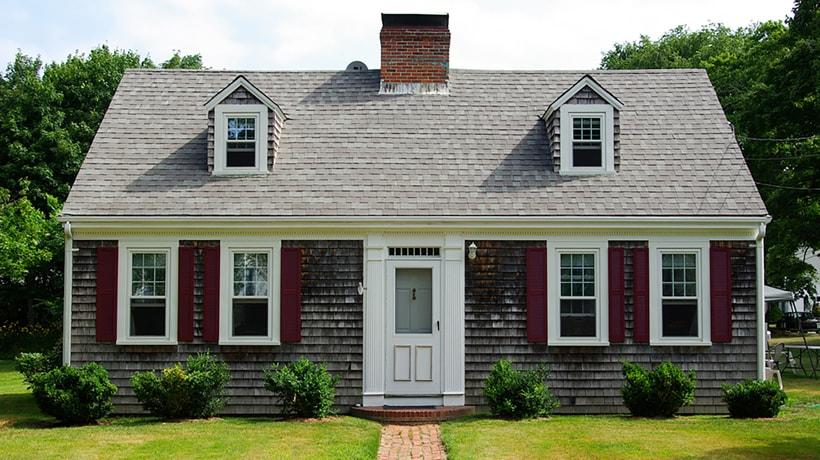- Trial Court Law Libraries

Finding Your Deed in Massachusetts
The Secretary of the Commonwealth has provided access to information online in the 21 Registries of Deeds located within the state. Each registry records the documents about real estate ownership within its district. To locate your deed, click on the county name of the registry where the property is located. The "Search Criteria" in the banner at the top of the page will give you options for searching, including name, address, or book and page.
If you do not find your deed in the list of recorded deeds, it may be registered land. Registration of title occurs when the Land Court adjudicates and decrees the state of the title after a lengthy process guaranteeing title in a Land Court certificate. Records of registered land are also available online by choosing one of the registered land options in the "Search Criteria." Land Court Guidelines and more Land Court Registered Land Resources are available online.
Finding Your Property Records from Municipal Assessors
Most cities and towns in Massachusetts provide online access to the property records that are used to generate real estate tax bills. The Secretary of the Commonwealth has compiled a directory of City & Town Contact Information, with links to each municipality’s website. Click on the City or Town Department Directory for your municipality and it will lead you to the Assessors’ Department web pages. At that point, look for language that will bring you to the Property Record Cards.
Examples of access to Property Record Cards:
- City of Boston: How to Make a Request for a Property Record Card
- City of Boston: Search FY2023 Real Estate Assessments and FY2024 Preliminary Exemption Applications by Parcel ID or Street Address
- Town of Bourne: Fiscal Year 2023 Property Record Cards
- City of Worcester: Property Records
- Town of Whately: Online Maps and Property Cards
Massachusetts Municipal Property Taxes are calculated by multiplying the assessed value on the property record card by the tax rate for the parcel’s classification. Assessors are required to classify all real property according to use into one of four classes – residential, open space, commercial or industrial (MGL c. 40, § 56). Depending upon the municipality, classification allows for the shifting of a portion of the tax burden of residential property onto commercial, industrial, and personal property. The Department of Revenue’s Data Analytics and Resources Bureau makes available the Tax Rates by Class for the 352 municipalities in the Commonwealth.
Massachusetts law about property taxes will provide links for information about laws, cases, and web sources on property tax law, with links to forms for applying for property tax exemptions, deferrals, abatements, and land classification, as well as information about the tax title process when a municipality takes ownership of a property because of unpaid taxes.
